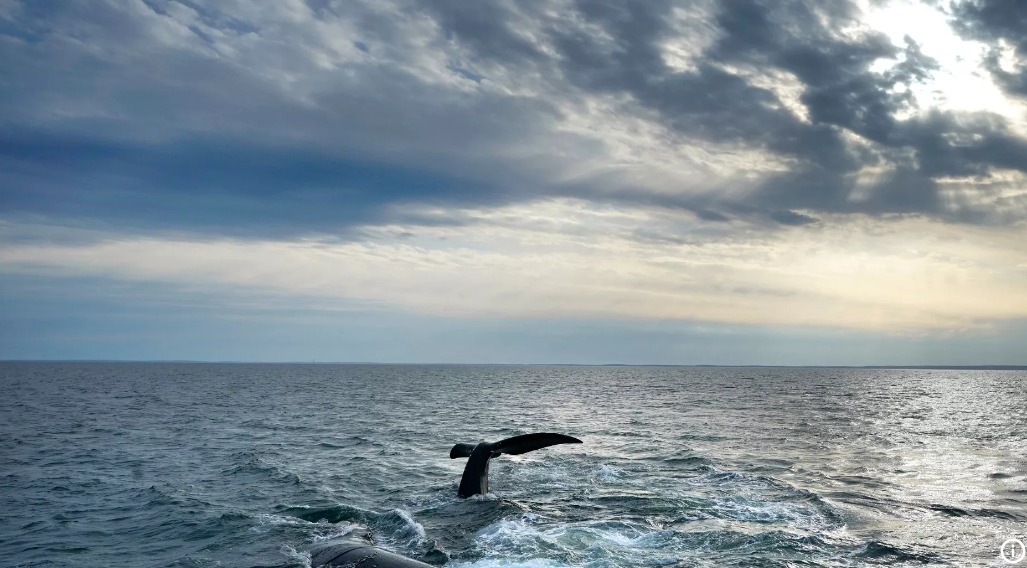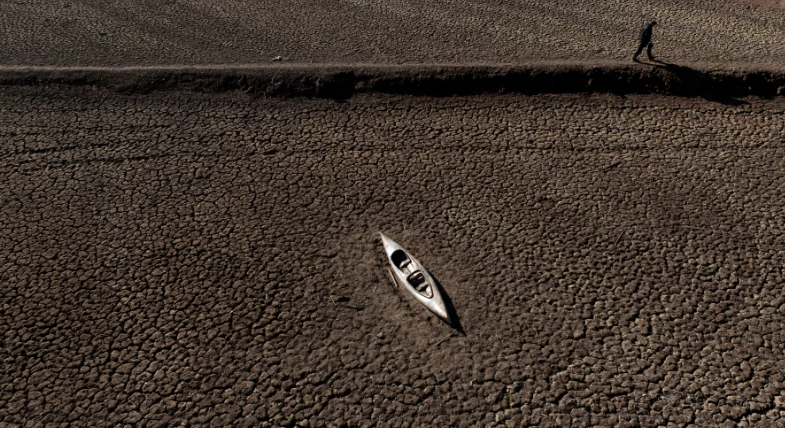The vote is an important signal to the rest of the world that the EU is serious about prioritising greater ocean protection.
The European Union has voted in favour of ratifying the High Seas Treaty.
This treaty aims to protect marine life in areas that are outside of countries’ maritime borders including the high seas and the seabed.
The decision is a key step in the process of approving the ratification of the High Seas Treaty.
The Parliament’s decision will now be formally adopted by the European Council, after which the EU will be ready to deposit its “instrument of ratification” at the United Nations (UN).
It has been classified as a “mixed agreement” by the EU, which means it needs to be ratified at both the EU and at EU member state level.
“The EU was a significant player during Treaty negotiations, so its ratification is a pivotal moment in the race to ratify,” says Chris Thorne, Greenpeace campaigner for Protect the Oceans.
This vote is the first by a regional organisation and must trigger a wave of ratifications.
Chris Thorne Greenpeace campaigner for Protect the Oceans
“This vote is the first by a regional organisation and must trigger a wave of ratifications. The 27 EU governments must follow the EU’s lead and fast-track ratification before the 2025 UN Oceans Conference in Nice.”
What does this mean for the High Seas Treaty?
The High Seas Alliance, a group of organisations pushing for the conservation of the High Seas, welcomed the European Parliament vote.
“This progress provides a big boost to EU countries to accelerate the ratification of this important Treaty at a member state level, and sends an important signal to the rest of the world that the EU is serious about prioritising greater ocean protection with international law as a matter of urgency,” says Rebecca Hubbard, director of the High Seas Alliance.
For the High Seas Treaty to come into force, at least 60 countries will need to sign and ratify it. So far, 89 countries have signed it and four have formally ratified it at the UN: Palau, Chile, Belize and Seychelles.
Though the EU itself doesn’t count as an additional party, when it and the 27 member states officially submit their ratification it will have a significant impact on progress towards the treaty coming into force.
It could also help more countries to complete the process and bring the total up to 60 countries before the UN Ocean Conference in Nice, France in June 2025.




